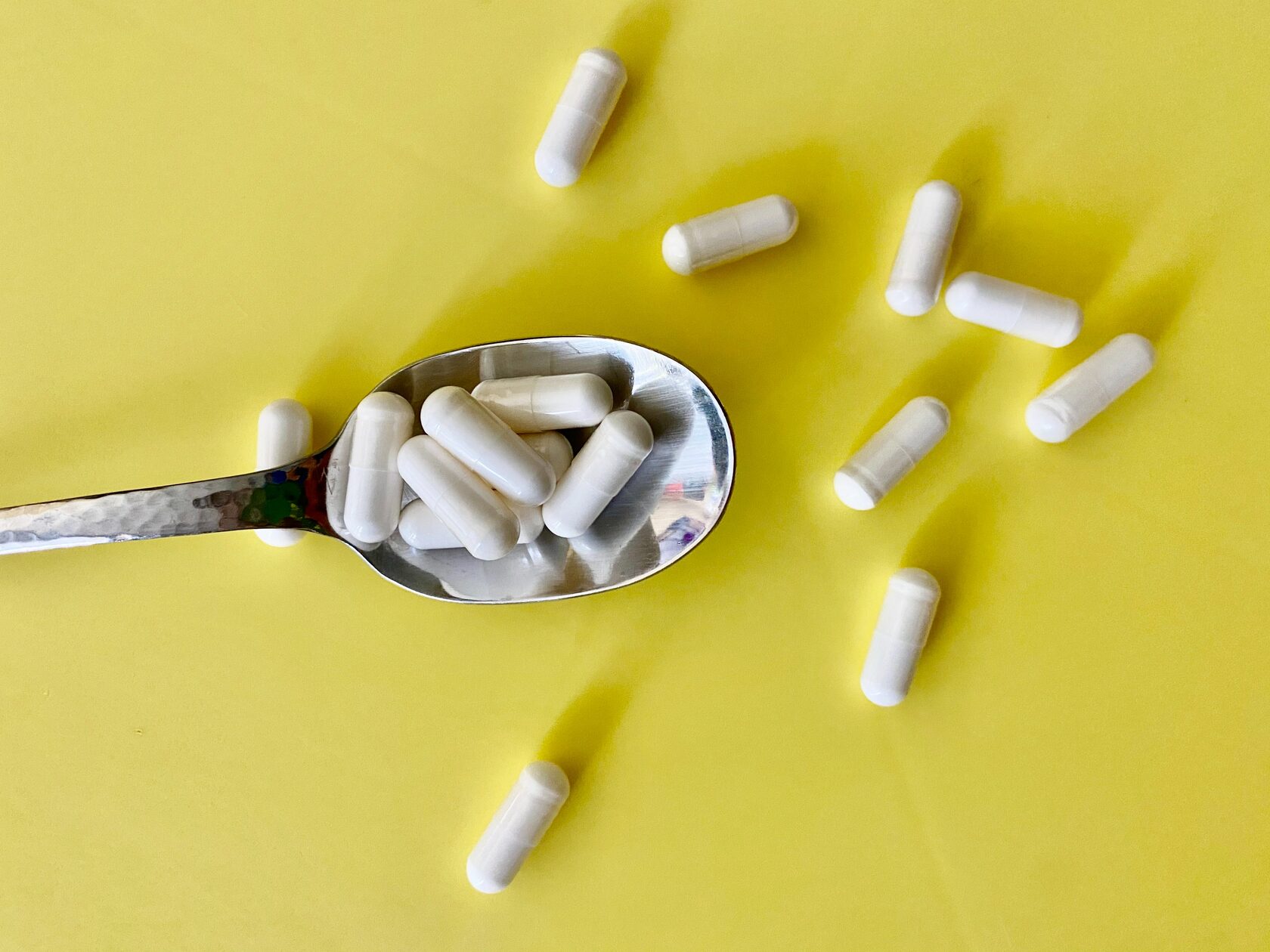You’ve heard us talk about probiotics and the gut microbiome an infinite number of times and the most common question we get asked is, do we need a probiotic supplement? The simple answer is, no…
Let us break it down:
We have about 300 to 500 different bacteria species in our gut, and we have 10 times more bacteria in our gut than we have cells in our body. These bacteria communicate with the immune system and metabolic processes in our body. Food, stress, sleep, activity level and supplements can all influence how our gut, and more specifically our microbiome, works. Lately, the subject probiotics has been flourishing in the media, and whether this is necessary for our gut or not.
Probiotics are favourable yeast and bacteria, that are known to improve our overall health. Their purpose is to keep the colon healthy and strike a balance between “good” and “bad” gut microbes within the intestinal tract. The most common probiotics are from the species Lactobacillus and Bifidobacterium. Probiotics can be found in certain dairy products, such as yogurt and cheese and popular fermented foods such as kefir, raw sauerkraut, kimchi, kombucha, miso and tempeh.
So who should be taking a probiotic supplement?
We hate to break it to you but not everyone will benefit from probiotic supplementation. If you have a good gut health, there is no need to be taking these. So, who would actually benefit? Research shows that probiotics may help with the symptoms caused by:
- Constipation
- Diarrhoea from antibiotic use
- Diarrhoea from an infection
- Irritable bowel syndrome
- Ulcerative colitis
One of the most important things to consider with probiotic supplementation is to treat them like medication! Meaning, you need to know the type of probiotic strain that is needed to treat your health condition. It is the strain of the bacteria or yeast that is most important and determines if the product is going to work.
Probiotic supplements should not be taken for more than 4 weeks at a time and it is also recommended to take about 10 g of prebiotics per day. Prebiotics are foods that help to cultivate and multiply the beneficial bacteria in our colon. Common prebiotics are inulin and fructooligosaccharides (FOS), and are found in foods such as garlic, artichoke, onions, chicory, leek, asparagus and banana.
So here are a few examples:
* If you suffer from constipation then an appropriate strain would be
Bifidobacterium lactis DN- 173010
* To prevent diarrhoea from antibiotics choose
Lactobacillus casei DN- 114001 OR Saccharomyces boulardii
Please note, if you are suffering from a weak immune system or major illness, pregnant or an infant, you should speak to a health professional before ingesting probiotics. Furthermore, be careful if you are allergic to soy or milk. Some of the supplements grown using strains of soy/milk protein.
Our final thoughts:
- Ultimately, do not take probiotics unless you have been speaking to a health professional.
- Make sure that you read the label to check if this is suitable for your diagnosis.
- Take at least 100 million CFU/day to benefit from a probiotic supplement. However, the dose can vary for different health conditions.
- Make sure that the product you are buying is certified and has been researched, as there are a variety of providers out there just looking for your money.
- Do not take the supplements for more than 4-weeks unless you've been told otherwise by your doctor, gastroenterologist or clinical dietitian or nutritionist.
- And last but not least, make sure that you have a varied and nutritious diet with colourful meals, high in fibre, wholegrains, fruits, vegetables and legumes. This will also help creating a higher diversity in your gut flora!
Want to learn more about gut health? Don't miss out on our virtual gut health retreat, The Blissful Gut! Early bird tickets on sale until the 15th of February.

